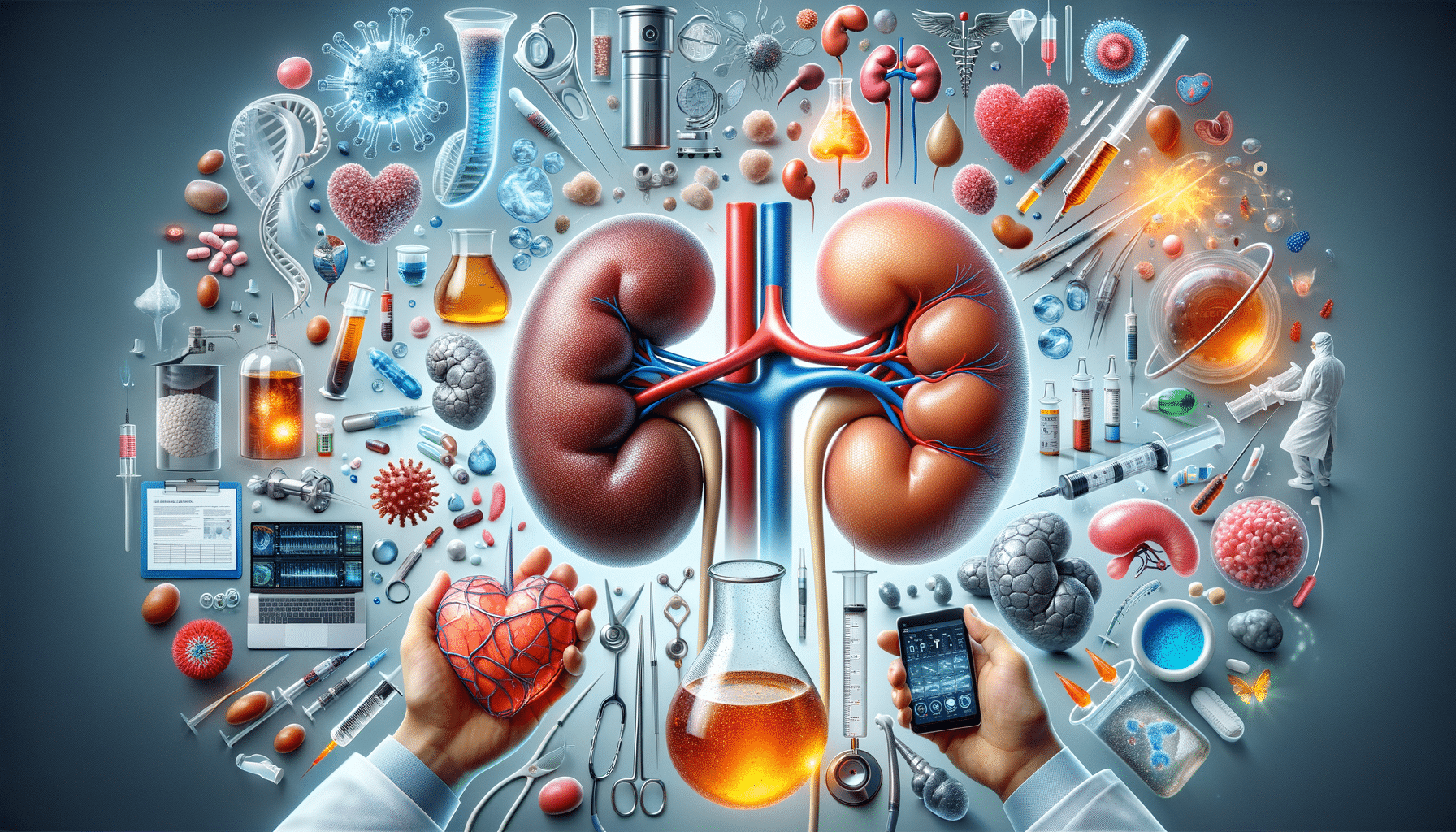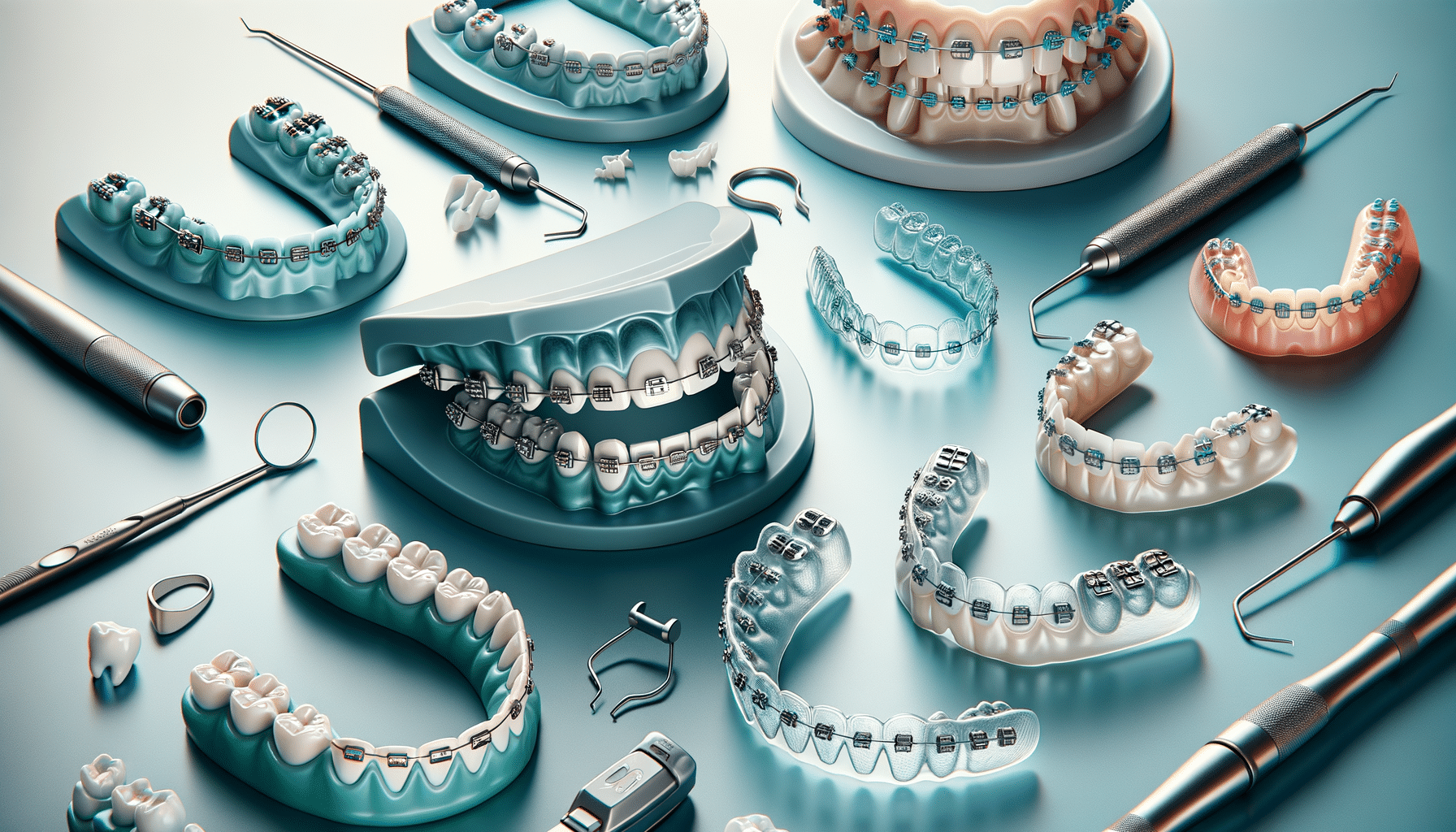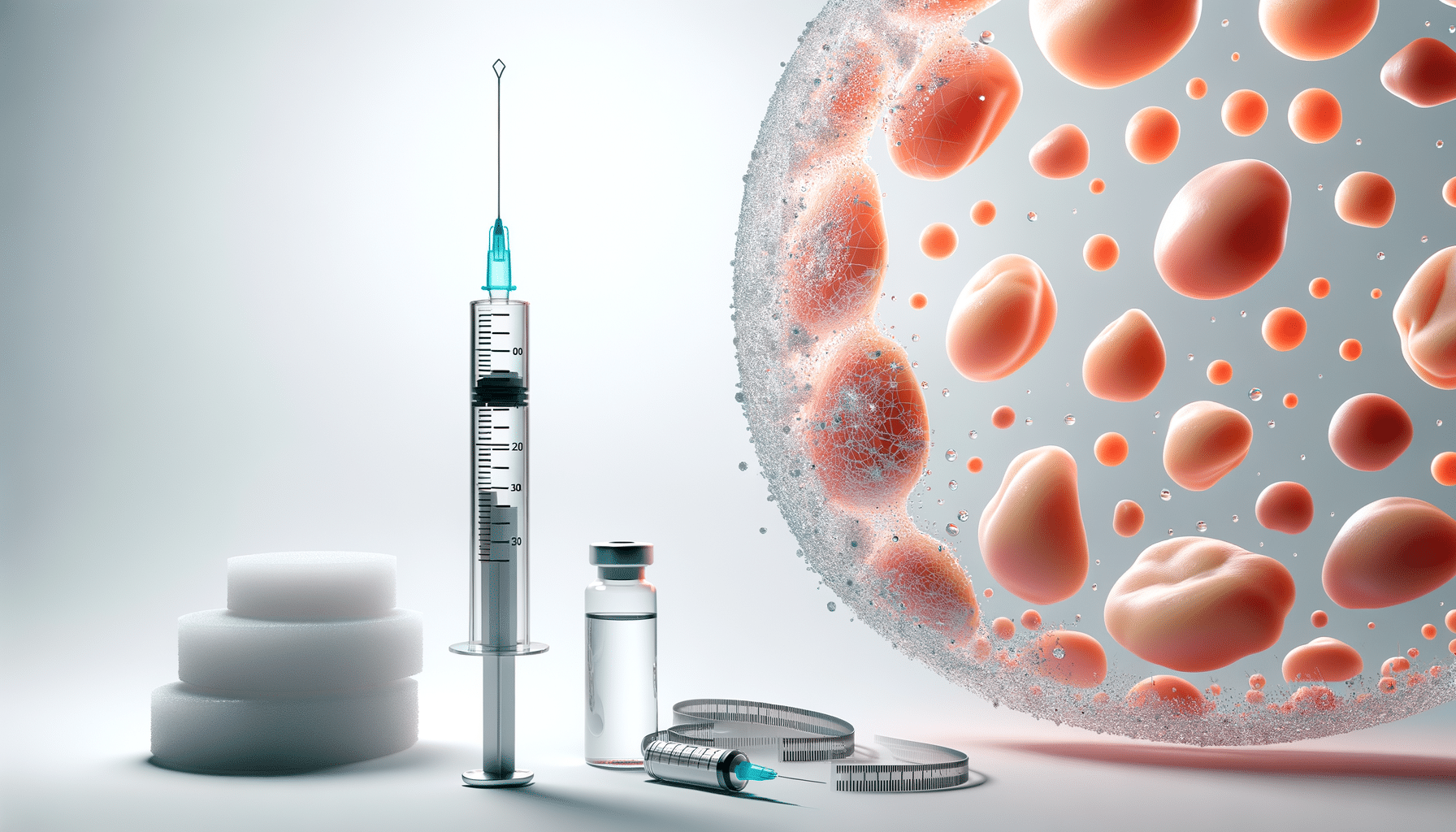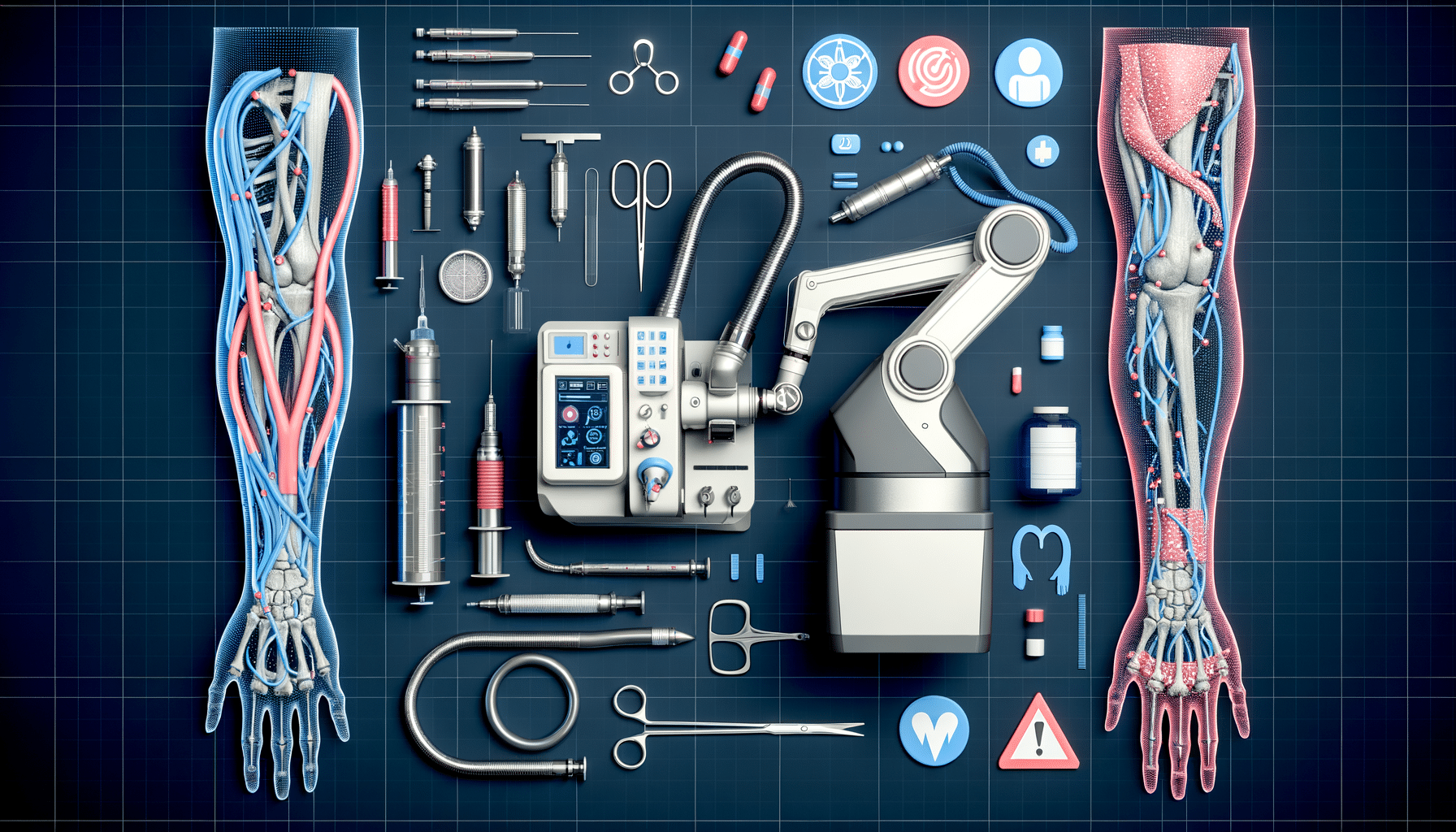
Exploring Kidney Disease Treatments: Options and Innovations
Introduction to Kidney Disease Treatments
Kidney disease is a significant health concern affecting millions worldwide. Understanding the available treatments is crucial for patients and their families to manage the condition effectively. This article explores various treatments, providing insights into traditional and innovative approaches. By delving into these options, individuals can make informed decisions about their health and well-being.
Conventional Treatments for Kidney Disease
Conventional treatments for kidney disease often include lifestyle changes, medication, and dialysis. Lifestyle modifications, such as a balanced diet and regular exercise, play a vital role in managing the disease. Medications can help control blood pressure, manage diabetes, and reduce cholesterol levels, all of which are crucial for kidney health.
Dialysis is a common treatment for advanced kidney disease. It involves filtering waste from the blood when the kidneys are no longer able to perform this function. There are two main types of dialysis: hemodialysis and peritoneal dialysis. Hemodialysis uses a machine to clean the blood, while peritoneal dialysis involves filtering blood through the lining of the abdomen.
- Hemodialysis: Typically performed in a hospital or dialysis center.
- Peritoneal Dialysis: Can be done at home, providing more flexibility.
These treatments are essential for prolonging life and improving the quality of life for kidney disease patients.
Innovative Approaches in Kidney Disease Treatment
Recent advancements in medical science have led to innovative treatments for kidney disease. One such approach is regenerative medicine, which involves using stem cells to repair damaged kidney tissues. Though still in the experimental stages, this treatment shows promise for the future.
Another innovative treatment is the development of wearable artificial kidneys. These devices aim to provide continuous dialysis, reducing the need for frequent hospital visits. Researchers are also exploring the potential of gene therapy to address the underlying causes of kidney disease, offering hope for more effective treatments.
These innovations represent a shift towards more personalized and less invasive treatment options, potentially transforming the landscape of kidney disease management.
Diet and Lifestyle Changes for Kidney Health
Diet and lifestyle changes are critical components of managing kidney disease. A kidney-friendly diet typically includes low sodium, potassium, and phosphorus foods to reduce the strain on the kidneys. Patients are often advised to limit protein intake, as excessive protein can exacerbate kidney problems.
- Low Sodium: Helps control blood pressure and reduce fluid buildup.
- Low Potassium: Prevents complications such as heart issues.
- Low Phosphorus: Protects bones and blood vessels.
Regular exercise, maintaining a healthy weight, and avoiding smoking and excessive alcohol consumption are also important. These lifestyle changes can slow the progression of kidney disease and improve overall health.
Conclusion: Navigating Kidney Disease Treatments
In conclusion, understanding the various treatment options for kidney disease is essential for effective management. From conventional treatments like dialysis to innovative approaches such as regenerative medicine and wearable artificial kidneys, patients have more choices than ever before. Additionally, diet and lifestyle changes play a significant role in maintaining kidney health. By staying informed and proactive, individuals can better navigate their treatment journey and improve their quality of life.


